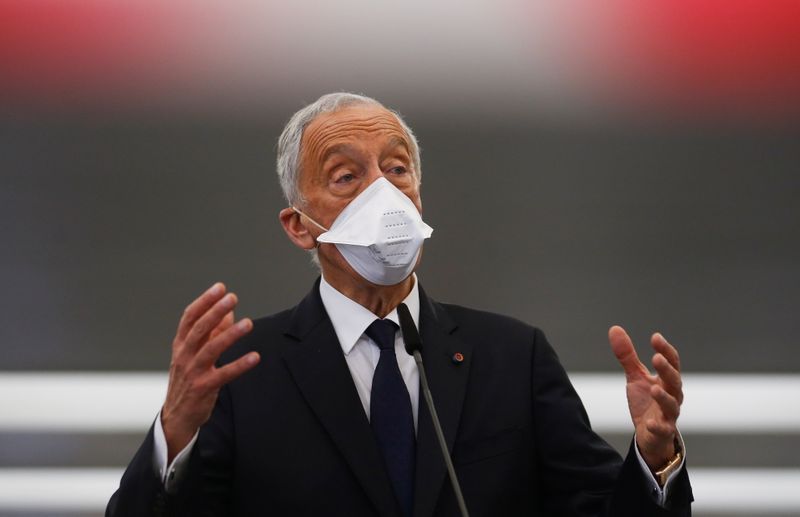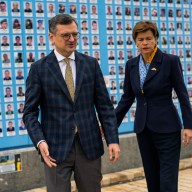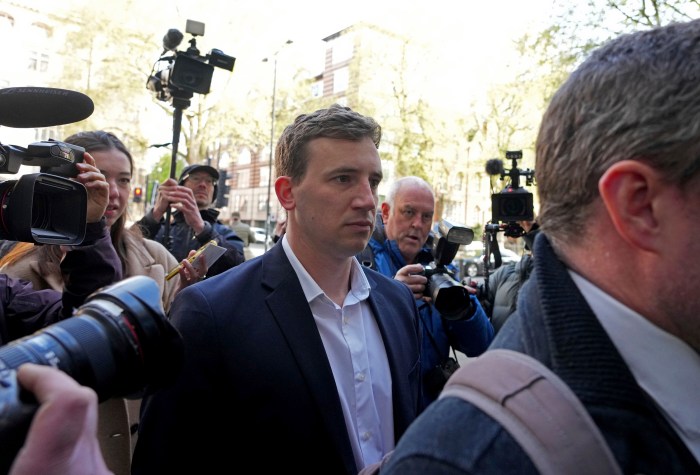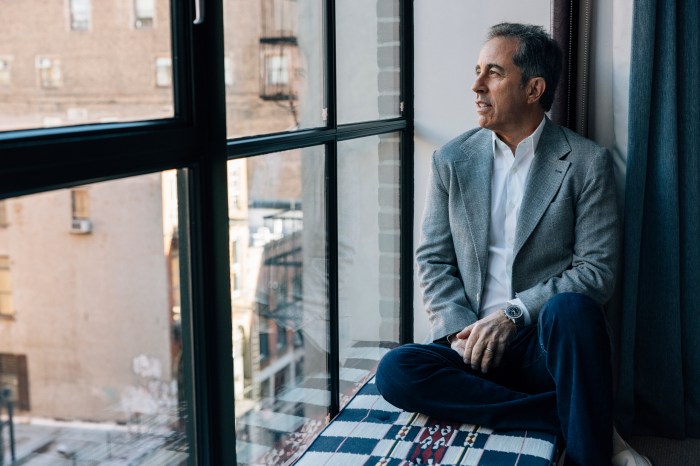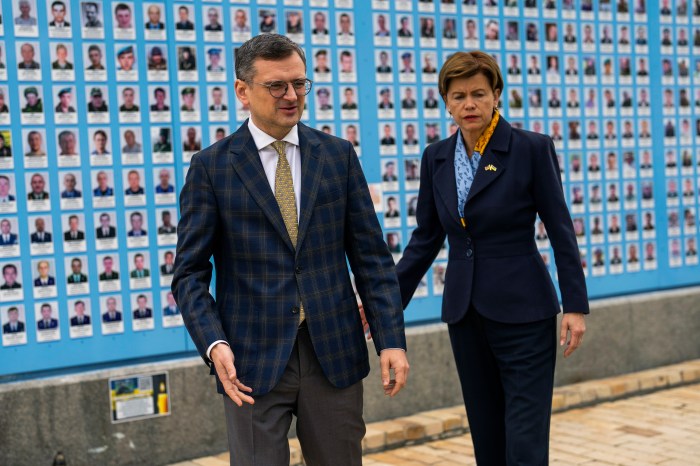LISBON (Reuters) -Portugal’s state of emergency, the highest level of coronavirus alert, will end on Friday, the president announced, as infections drop sharply and the country prepares to further ease a strict lockdown imposed more than three months ago.
Declared in mid-January to tackle what was then the world’s worst increase in infections, the state of emergency allowed the government to impose tough measures to suspend people’s rights and freedoms.
“Without a state of emergency, it is necessary to maintain or adopt all essential measures to prevent setbacks,” President Marcelo Rebelo de Sousa said in a televised address on Tuesday. “If necessary, I will not hesitate to move forward with a new state of emergency,”
Portugal will transition to a state of “calamity”, which still allows the government to impose some measures to reduce the risk of contagion but the rules it can put in place are more limited and must be justified.
Portugal, with just over 10 million people, has reported a total of 16,970 deaths. The total number of coronavirus cases is and 834,991, 353 more than reported the day before. On Monday, it reported no coronavirus-related deaths for the first time since August.
Lockdown restrictions started to be eased in mid-March and schools, restaurants and cafes, shopping malls, museums and other non-essential services have now reopened but under strict rules to reduce risk of contagion.
The fourth and last phase of the easing of the lockdown is expected to start on Monday, with big outdoors and indoors events allowed under capacity restrictions, as well as all sport activities.
“I know that each opening implies more responsibility and that the times ahead will be even more demanding,” Rebelo de Sousa said.
(Reporting by Catarina Demony and Sergio Goncalves; Editing by Grant McCool)

